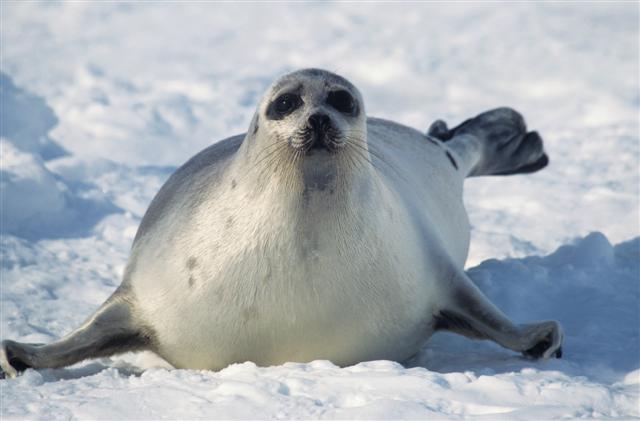Since the Stockholm Convention came into effect in 2004, banning persistent organic pollutants, the concentration of these pollutants has declined by up to 90%.

The research, conductuded by Ph.D student Heli Routti, shows that a decade old ban on a class of toxic chemicals is paying off in the Arctic. The scientist managed to prove that the levels of toxic chemicals are declining because of the ban.
In the late 90s, the United Nations Environmental Programme sounded the alarm over Persistent Organic Pollutants, or POPs. These are harmful compounds that persist in the environment and accumulate in plants and animals. Until 2004, when the Stockholm Convention came into effect, they were produced all over the world in industrial processes, and ended up concentrated in the fat cells of marine mammals among many other species.
The research was conducted on seals because as a top marine predator they concentrate pollutants from animals lower in the food chain. Routti's team caught 12 seals on the High Arctic island of Prins Karls Forland, and took samples their blubber, blood and teeth.
Heli Routti is a research scientist at the FRAM Centre of Norwegian Polar institute.
Her research focuses on contaminant levels and effects in Arctic mammals, seals, Arctic foxes and polar bears.
She is interested about how ecological and climate-driven factors affect time- and geographical trends of contaminants. On contaminant effect side, she is particularly interested on integrating different research fields including physiology, ecology, molecular biology and chemistry to understand how multiple stressors (contaminants and changing climate) affect Arctic animals.
